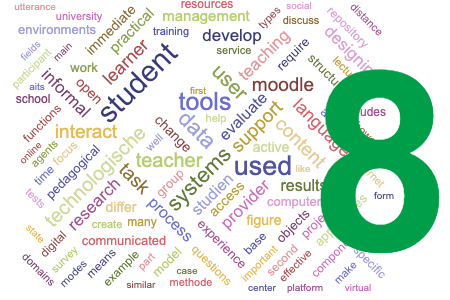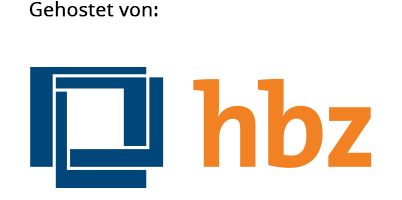How Web 2.0 is Changing the Way Students Learn: The Darwikinism and Folksonomy Revolution
Schlagworte:
darwikinism, e-learning, folksonomy, student, web 2.0Abstract
In the 21st century, some argue that we have a new breed of students (Oblinger & Oblinger, 2005; Prensky, 2001). Technologies such as Web 2.0 have been held responsible for these changes as students are now becoming active, critical consumers of information (Klamma, Cao, & Spaniol, 2007). Two components of this Web 2.0 revolution are the ideas behind Darwikinism and folksonomy. Darwikinism is a portmanteau of Darwinism and Wikis, which describes how a system similar to Darwin’s theory of evolution is ordering and processing wiki information. Folksonomy, again a portmanteau of folk and taxonomy, refers to the way in which Web 2.0 users (folk) are creating a classification system of information on the web. This article looks at the way in which student learning is changing and evolving, driven by the users of Web 2.0.Downloads
Veröffentlicht
2012-01-16
Ausgabe
Rubrik
Beiträge



